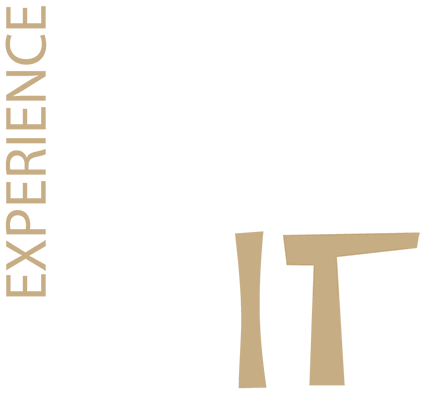

6 steps to business disruption
When is the best time for disruption? Simply NOW!
All brands in the 21st Century, come to a point where they are vulnerable to competitors and new fast-paced players to turn around the industry. We can look at Nokia, Kodak and Blackberry to name a few that have failed to re-shape and successfully maintain in the 21st Century. If you ask their management today about “disruptive creativity”, they know what you are talking about.
Google figured it out: they are disrupting their own core business and they understand that the “era of search” as we used to know it, is coming to an end, and, that they are vulnerable for “disruption”. They have successfully been dividing their business and industries into various fields for some time now (Calico, Nest Labs, Google X, Google Fiber and numerous others through Google Capital and Google Ventures) and they continue to invest and have moved from Google to “ALPHABET”. Only one way to make it more difficult for disruptors. What do you need to consider today, if you would like to run a successful company in the future?
6 STEPS for Disrupting your Brand / Company / Industry:
- Go with Simplicity – the most complex thing in the 21st Century is Simplicity. You need to radically reduce complexity
- Cut your prices to 1/10, or even more, 10% reductions won’t help. In general, a disruption means something 10 times different than in the “old” world.
- Kill off all customer pains (yes all!). You need to know whom you are disrupting for. The customer disrupts industries, not technologies. Technology is only the tool to satisfy customer needs.
- Connect & Communicate. Train your organization on connection (talk WITH people instead of just TO people).
- Build Trust . Make it easy to trust your organization. Make telling the truth easier than lying. How will that impact your culture and industry? Think about Volkswagen is feeling about this now.
- Target Transparency. Foster full transparency to stakeholder, clients and partners.
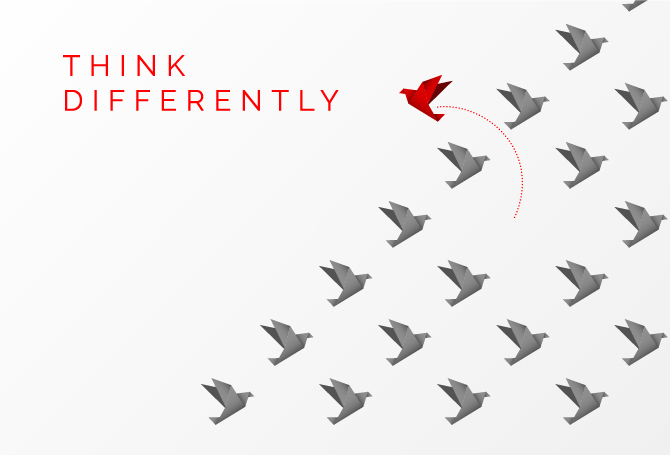

6 TAKE-AWAYS FROM THE BUSINESS DISRUPTION EXPERTS ON WHEN TO DISRUPT YOUR COMPANY / INDUSTRY?
- NOW!
- When you have successfully build a multi-brand strategy or/and have various revenue streams (which makes it easier to take “small bets”)
- When you have CORE business coming in from various services in your industry
- When you are successfully providing services growing out of being “just” a products company or vice versa
- When you (still) make enough money to stand through times of change and restructuration and you have the cash to accept failures and to changes. Which also means you have stamina and knowledge to load a new brand with values and credibility.
- When your brand is in a position that it can be disrupted. What does that mean? – Totally new players are entering the market, you are making money of physical object, there are ways to digitize some of the things you do – so basically all.. Industries still to come are Insurances, Banking, Oil, Automotive (e.g. Volkswagen in the automotive being in the wrong spot towards Google, Apple or Tesla)
Source: Anders Indset


Innovation results from change
The GOOD and the BAD are a matter of perspective:
Change can lead to innovation.
Don’t panic!
Nobody could foresee a pandemic like the one of the Corona Virus – even though we knew from movies like “Outbreak” that there is a certain probability it can happen. Now it’s here, and we have to deal with it in the best possible way, because change can lead to good and innovation.
What definitely helps us the least now is to panic – because the resulting fear paralyzes our minds. At the moment we should use our brains to develop solutions for the problems we are facing during the quarantine as well as finding creative ideas for the time after the crisis. One thing is for sure – the world will be a different place after the Corona outbreak. And maybe that is a good thing. At worst, we continue after these difficult times exactly as we have been doing before, without using the crisis for positive change and innovation.
Let’s take the time and ask ourselves a few questions:
The environment breathes a sigh of relief! The reduction of air traffic, of cruise ships, of individual transport: let’s grant our planet a forced break! Economy vs. air pollution: And in China alone this costs the lives of 7 (!) million people every year. Emissions of greenhouse gases in China fell by an incredible 25 percent in February. In Venice the water is clearer than ever before – due to the absence of tourists. Shouldn’t we learn from this insight?
Do we really need so many meetings or does it make sense to reduce business air travel? (Let’s face it: communication has never been more personal than during a video conference with your colleague overseas – from private living room to home office).
Is it really necessary to be able to take a holiday cruise for 1,000 euros or less? How can we make tourism more sustainable in the future?
How can we use the change for new innovations?
The future could be characterised by “cooperence”. In other words: a healthy combination of cooperation and competition will shape the future. We need a humanistic capitalism that takes global and local issues equally into account. How can we reduce the distance between the customer and the product/manufacturer again?
We are much more flexible than we think! In contrast to Artificial Intelligence, people can adapt to suddenly changing circumstances. How can robotization and technologization, e.g. in connection with neural networks, change our future everyday life in a meaningful way?
Information society vs. knowledge society? What do we hear every day – and what do we really know? How can we use social media channels in an intelligent way for the public interest in the future?
Original or fake? The online business is booming. But when I unpack my order, is the product I ordered really authentic or a fake? Whether designer sneakers, Swiss watches or expensive wine bottles: how can you guarantee the authenticity of these products?
Working in the home office – a real treat for every hacker! The backup of company data is a serious problem for many organizations. How can IT systems be secured for the future?
How can we avoid a situation like this in the future? How do we have to change our behaviour and which technologies could we use to be prepared in a better way?
The story of the Chinese farmer in the video teaches us: there is no GOOD or BAD in the current situation. You often have to think about things in the long term to see the positive effects. Thus, take a deep breath and stay calm and healthy. Let’s use the time together and develop something new that will benefit humanity.
Video Source: Xerxes Voshmgir
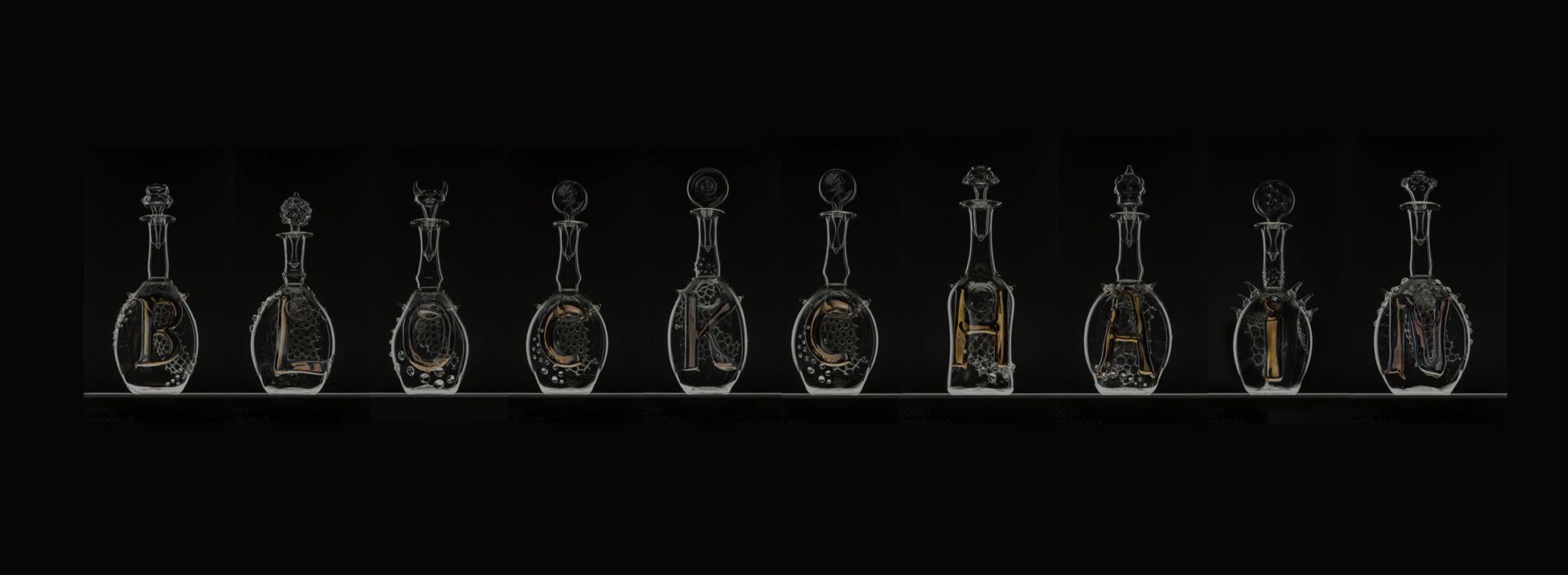

BLOCKGIN: Blockchain ensures authenticity, enjoyment & quality
Blockchain ensures authenticity: The first Gin in the world to be authenticated via the blockchain is from Austria
Palais Wertheim/Vienna: rock star keynote speaker Dietmar Dahmen presented an innovation in product authenticity at his Business Show in December 2019: BLOCKGIN. This is the first gin product in the world whose authenticity is unalterably protected by blockchain technology. “The experience for the customer of immediately having certainty about the authenticity of a product is sensational”, explains Martina Kruber from M.I.T.
Easy for the customer
The forgery-proof technology of TRUST YOUR GOODS runs completely in the background and ensures the authenticity of the product. To proof the origin, the customer simply has to place his mobile phone against the bottle. A specially encoded NFC-RFID chip on the bottle identifies the bottle. After this, the server and the blockchain sends the information about the digital twin to the smart phone. The customer can instantly read the information about the originality and provenance of the product on the app. “The entire history of a product is unalterably stored in the blockchain,” Kruber added. “Therefore, it is impossible to bring fake or non-registered bottles onto the market. This is why the Blockchain provides security for customers AND businesses!”
The blockchain ensures transparency, safety and enjoyment
“The importance of quality, authenticity and sustainable production methods is increasing,” explains CEO Martin Zimmerl. “Nowadays, customers are willing to spend more money if they can be sure of the quality and authenticity of the product. Or its origin. This leads to completely new perspectives for the marketing of quality and sustainability in high-value goods. And this applies not only to the food sector.” Already in 2015, the Georg-August-University in Göttingen analyzed and confirmed this fact. All it needs is to make proper use of the available technologies!
Secure buying on the Internet
Especially for purchases on the internet, product authenticity or counterfeit of high-priced branded products is a major issue. In the future, suppliers who offer customers transparency and security will have a clear advantage. They only have to proof the authenticity of their products on the blockchain. “Marketing has always been about stories. Products are stories, and counterfeit-proof stories are told in the Blockchain,” says Dietmar Dahmen, expert for innovation and Disruptive Market Strategies. “BLOCKGIN is highly individual and unique in terms of “fingerprints”: every bottle has its own, unforgeable story – because it is maily purchased and traded on the internet!”
Exceptional quality without industrial alcohol
Of course, BLOCKGIN still puts the actual product in the center of attention. “We destill and bottle the high-quality BLOCKGIN manually in Upper Austria – in the center of Austria. The grain comes from the own cultivation, we do not use no industrial alcohol or add unnecessary artificial preservatives. In addition, the gin matures for about six months in clay pots. This is rather unusual and time-consuming for gin production. But this is what makes our Dry Gin so smooth and elegant. Even women can enjoy it straight or with a sip of Champagne,” explains CMO and gin lover Kruber. Due to the elaborate production it is planned to launch only two strictly limited editions each year. Like good wine, each vintage will differ in nuances of taste.
Puchase the 1OF11 series with Bitcoin
The exquisite BLOCKGIN 1OF11 Edition 2020 is special in every respect: for exactly one Bitcoin, art lovers can buy one of the 11 unique, one-of-a-kind bottles designed by glass artist Sigi Franz. This payment method is quite unique for Austria. In addition, there are only 999 bottles availabe from the stylish BLACK Edition 2020. Thus, anyone who wants to make a purchase should not wait for too long. More information at www.blockgin.eu
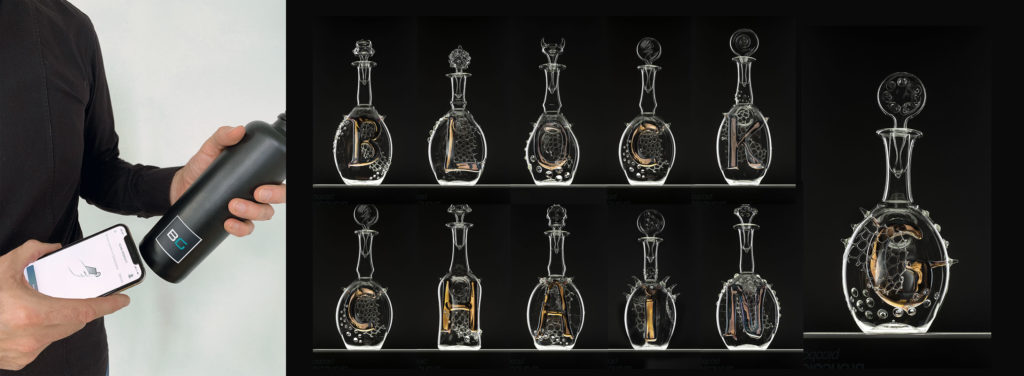

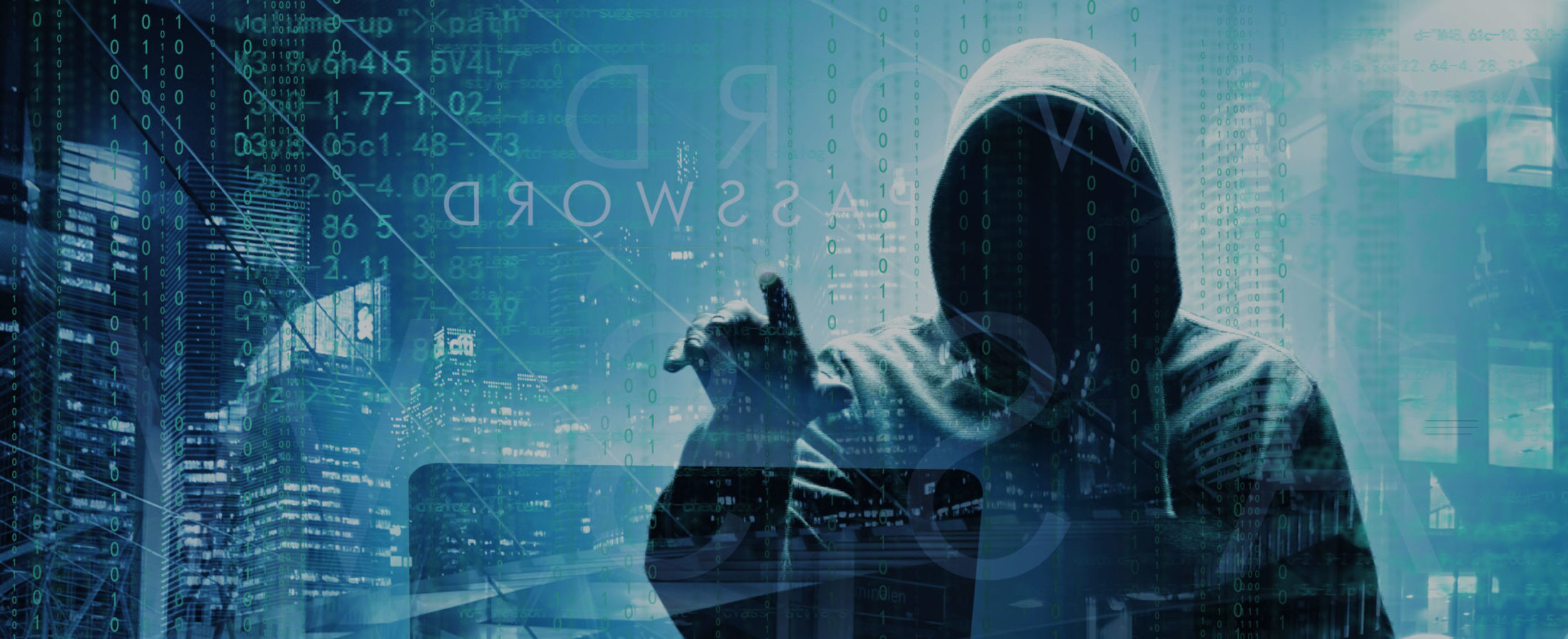

Total Control: Frisco vs China
Surveillance technology: San Francisco vs. China
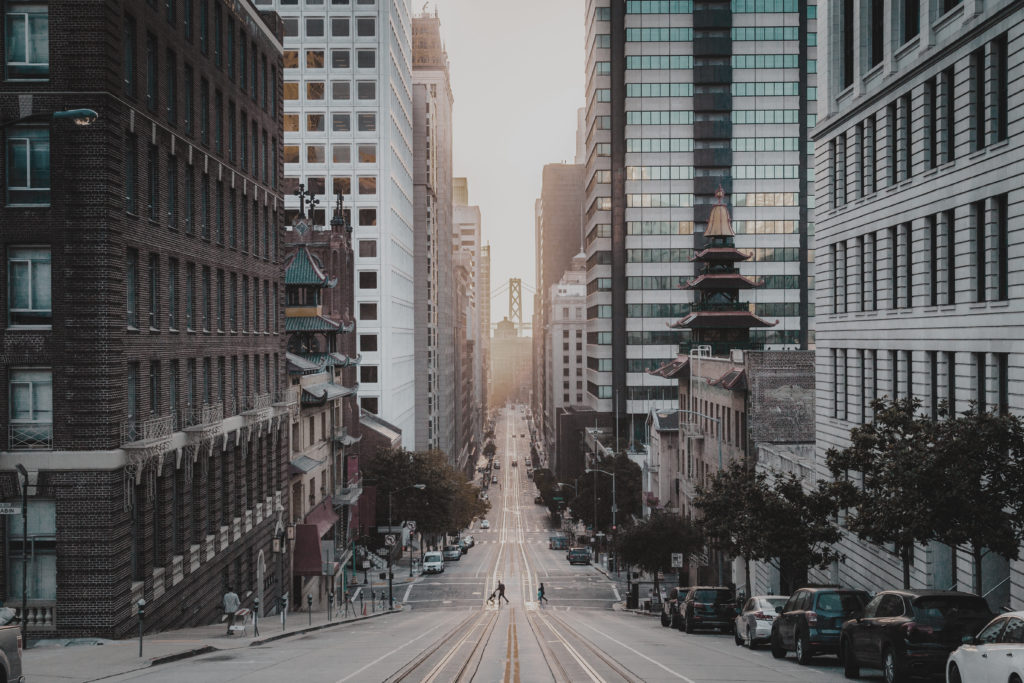

As was recently reported, China is relying on total surveillance of its citizens. The behaviour of each individual citizen is evaluated in all areas of life and recorded in the so-called social credit system. San Francisco has now taken a completely different path. The technology metropolis is prohibiting their authorities the use of surveillance technologies because of concern about racial profiling. The only exceptions are airports and ports which fall under federal jurisdiction.
With this vote, San Francisco has declared that face surveillance technology is incompatible with a healthy democracy and that residents deserve a voice in decisions about high-tech surveillance,” said Matt Cagle from the American Civil Liberties Union in Northern California.
The danger of violating civil rights far outweighs the benefits. In any case, these considerations are remarkable and show the impact the use of modern technologies can have. We support the San Francisco decision and say: “Human first!“
Many applaud the city for listening to the community, and leading the way forward with this crucial legislation. Other cities should take note and set up similar safeguards to protect people’s safety and civil rights.
Some campaigners unsuccessfully urged for the measures not to apply to local police. While San Francisco’s officers do not currently use facial recognition technology, a number of other police forces across the US do.
Source: BBC
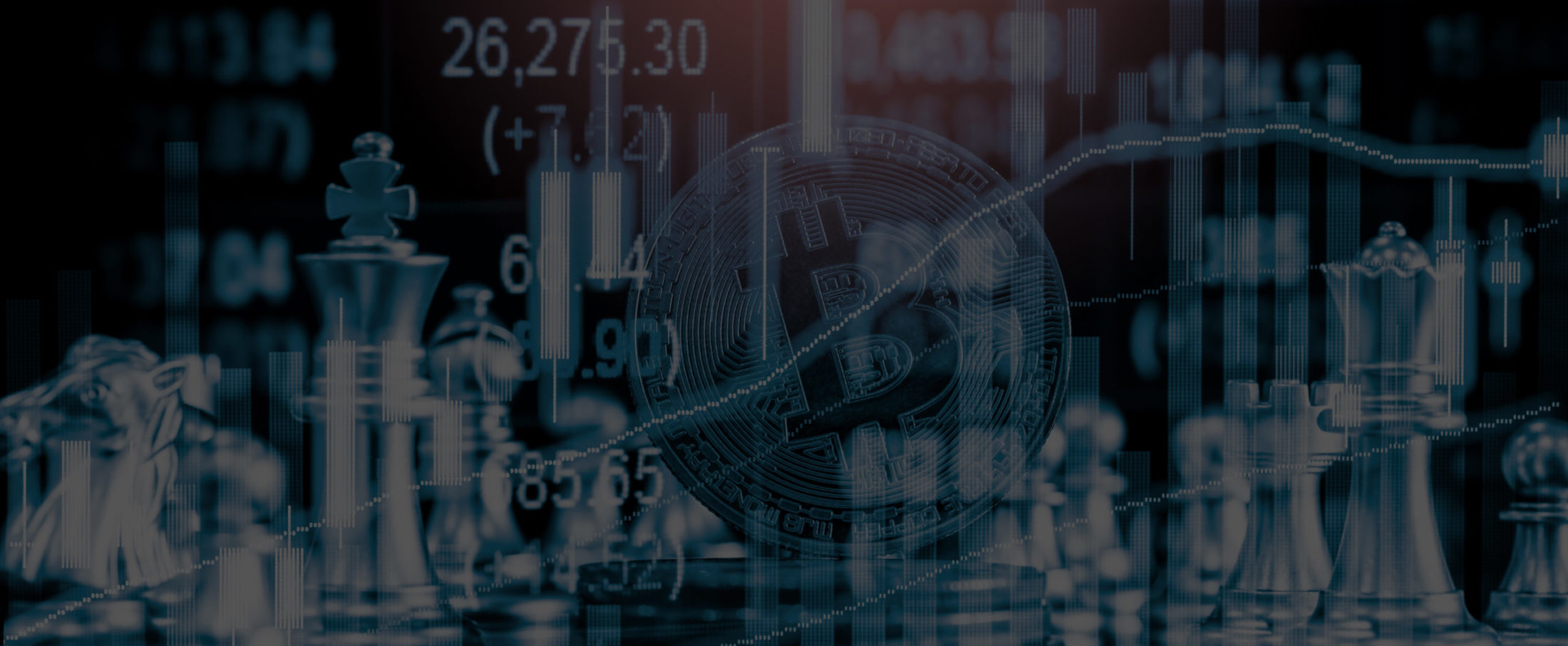

BITCOIN: An ecological insanity
BITCOIN – A real ecologic problem
The skyrocketing value of Bitcoin is leading to soaring energy consumption. According to one widely cited website that tracks the subject, the Bitcoin network is consuming power at an annual rate of 32TWh—about as much as Denmark. By the site’s calculations, each Bitcoin transaction consumes 250kWh, enough to power homes for nine days.
Indeed, Bitcoin’s energy consumption is designed to fall in the long run. And Bitcoin’s energy consumption isn’t tied to the number of transactions the network handles. That means that increasing use of the network won’t necessarily impose a high environmental cost.
Bitcoin mining consumes substantial amounts of electricity
Bitcoin mining—the process that generates new bitcoins while maintaining the network’s shared transaction ledger—is a secretive global industry. No one knows exactly how much energy it consumes and experts fear Bitcoin to be a real ecologic problem.
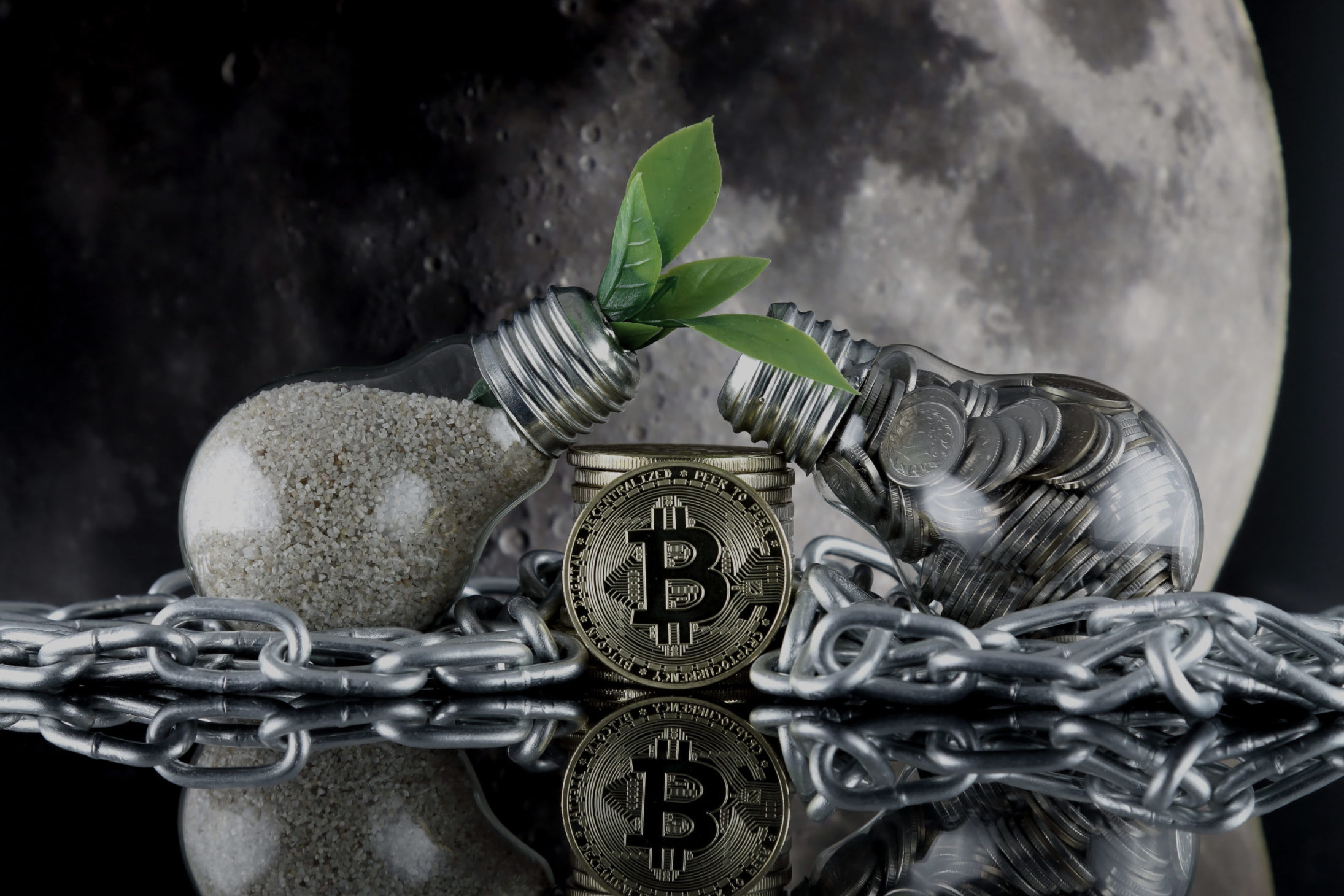

According to a study by the Technical University of Munich, computers need approximately 45.8 trillion watt hours per year (as of 2018) to produce the digital currency Bitcoin, which corresponds to annual emissions of 22 to 22.9 million tons of CO2. Worldwide CO2 emissions in 2018 amounted to approximately 37 billion tons. The Bitcoin share therefore amounts to 0.06 percent of global emissions.
It becomes even more interesting if we look at the number of transactions in relation to this and make a comparison between the worldwide Bitcoin transactions and Austria. While Bitcoin is currently at about 350 thousand transactions per day and will thus reach about 128 million transactions in 2019, there were more than 800 million ATM transactions in Austria in 2018.
On the basis of the above, it can be concluded that Bitcoin is currently more than just an environmental concern. Most of the computing power is used for mining the currency and not for individual transactions. Banks also require correspondingly large IT infrastructures and the supply of cash is also environmentally harmful.
TRUST YOUR GOODS relies on blockchain – without mining
Nevertheless, to avoid the ecological Bitcoin problem, TRUST YOUR GOODS, the digital certificate of authenticity uses blockchain technology, which is not based on cryptocurrency mining to ensure the authenticity of premium products. This is why the TRUST YOUR GOODS platform is far more ecological friendly compared to systems based on token and the corresponding mining process.
